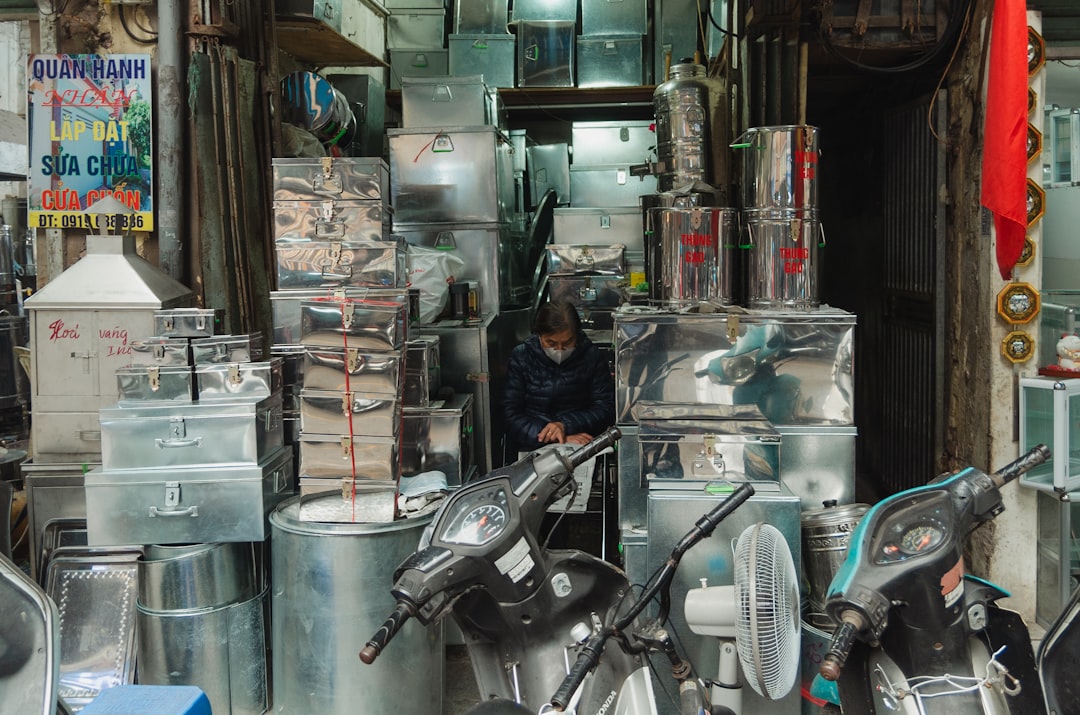The US Just Dropped $25.5M on Robot Factories That Turn Your Junk Into Treasure

A Manufacturing Revolution is Coming
Get ready, because the future of American factories is about to get a massive, sci-fi upgrade. In a move that sounds like it's straight out of a Hollywood blockbuster, the National Science Foundation (NSF) is injecting a staggering $25.5 million into a groundbreaking initiative designed to completely overhaul U.S. manufacturing. This isn't just about making things faster; it's about making things smarter, greener, and in ways we've never seen before.
This colossal investment is the core of the NSF's Future Manufacturing program, a nationwide push to secure America's spot as a global leader in production technology. The funds will be distributed across the country, fueling the brilliant minds at 36 different institutions and companies. The mission is clear: invent the factories of tomorrow, today.
From Scrap Metal to Super-Materials
So, what kind of mind-bending tech does $25.5 million buy? The projects being funded are nothing short of revolutionary. Forget traditional assembly lines—we're talking about next-level innovation:
-
AI-Powered "Recyclofacturing": Imagine a factory that doesn't need new raw materials. One of the flagship projects will use advanced artificial intelligence to analyze and sort scrap metal, transforming discarded junk into high-value, complex new products. This isn't just recycling; it's upcycling on an industrial, AI-driven scale.
-
Robotic 3D Printing with Digital Twins: Another project is set to unleash the full potential of additive manufacturing. By pairing sophisticated robotics with 'digital twins'—perfect virtual replicas of a physical object—engineers will be able to 3D-print incredibly complex items using multiple materials at once. This could change everything from aerospace components to medical implants.
Why This Is a Game-Changer
This isn't just a government handout; it's a strategic investment in America's future. The goal of the Future Manufacturing program is twofold. First, it aims to create entirely new manufacturing capabilities that will give U.S. industries a critical edge on the world stage. By pioneering new systems and materials, the nation can reduce its reliance on foreign supply chains and bring high-tech production back home.
Second, and just as important, is the focus on workforce development. This initiative will train a new generation of scientists, engineers, and technicians, equipping them with the skills needed to operate and innovate within these advanced manufacturing environments. It's about building not just futuristic factories, but also a future-proof workforce to run them. The message from the NSF is clear: the next industrial revolution is here, and it will be made in America.


